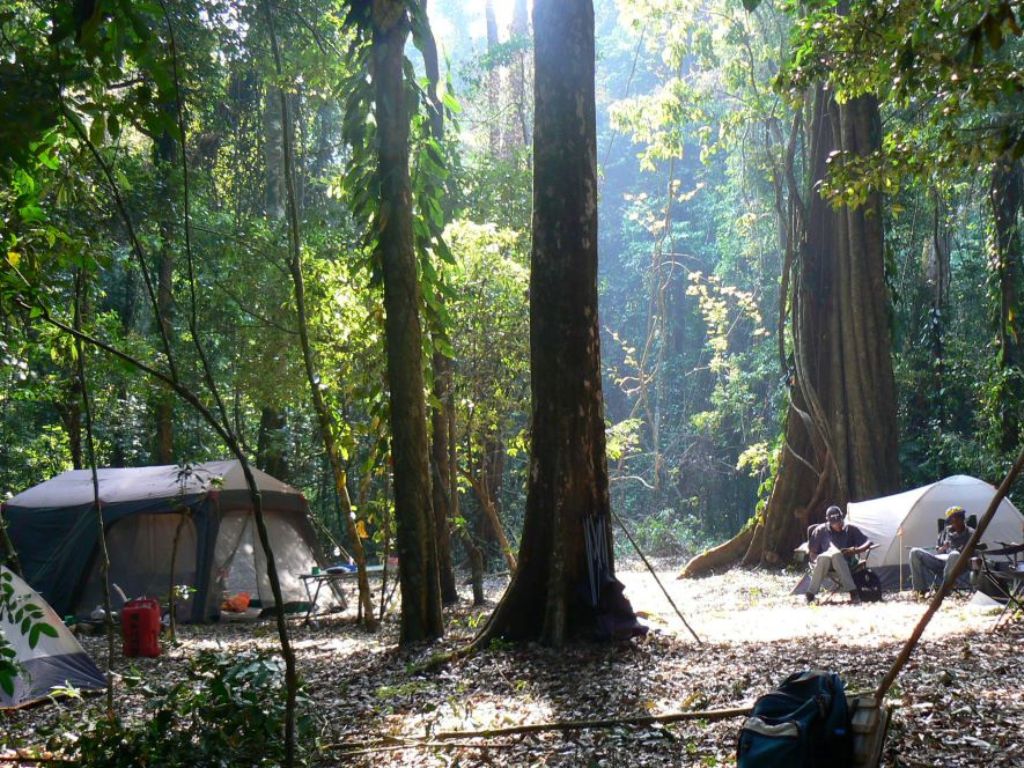Celebrating a Darwin Initiative legacy

Celebrating Mount Mabu: A Darwin Initiative Legacy Success
Twenty years ago, Mount Mabu was a hidden gem known only to locals. Discovered for the outside world by Professor Julian Bayliss in 2004, Mount Mabu is now recognised as a biodiversity treasure chest. Nestled in northern Mozambique, this "sky island" harbours unique fauna and flora, some of which are found nowhere else on Earth.
Mount Mabu will be declared a community protected area as part of Mozambique’s commitment to a global biodiversity pledge to protect 30% of its land by 2030. This landmark decision ensures that logging and mining are prohibited, while local communities who depend on the forest for their livelihoods will manage and sustainably use it.

The first expeditions to Mount Mabu were part of the fieldwork undertaken through the Darwin Initiative funded project ‘Monitoring and Managing Biodiversity Loss in South-East Africa's Montane Ecosystems’. This project, led by Royal Botanic Gardens, Kew - Millennium Seed Bank, was funded by the Darwin Initiative from 2006 to 2009. It aimed to gather information, develop tools, and enhance skills to monitor and manage biodiversity loss in the montane ecosystems of Southeast Africa.

The success of this project stands as a testament to the legacy of the Darwin Initiative, which continues to support biodiversity conservation and local communities through various globally led projects. Protecting biodiversity is crucial in the face of climate change, deforestation, habitat loss, pollution, and invasive species. Biodiversity loss severely impacts impoverished communities, with many relying on natural resources for survival. With 80% of the world's poor in rural areas, biodiversity preservation is a socio-economic issue as well as an ecological one.
The declaration of Mount Mabu as a community protected area is a beacon of hope. With proper management and continued support, Mount Mabu can become a conservation success story, demonstrating the impact of collaborative efforts between local communities, scientists, and international initiatives.
Find out more:
Mabu's journey and recent international coverage: BBC News Article
Nature publication's article describing South East African Montane Archipelago that Mount Mabu is part of: Scientific Paper
Photos taken by Royal Botanic Gardens, Kew

 Back
Back